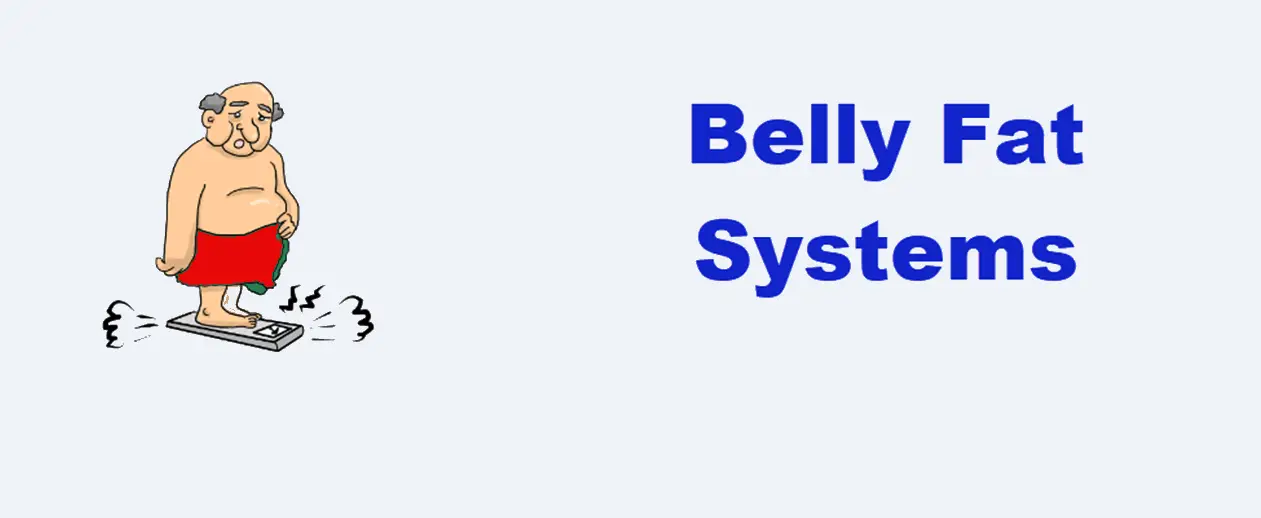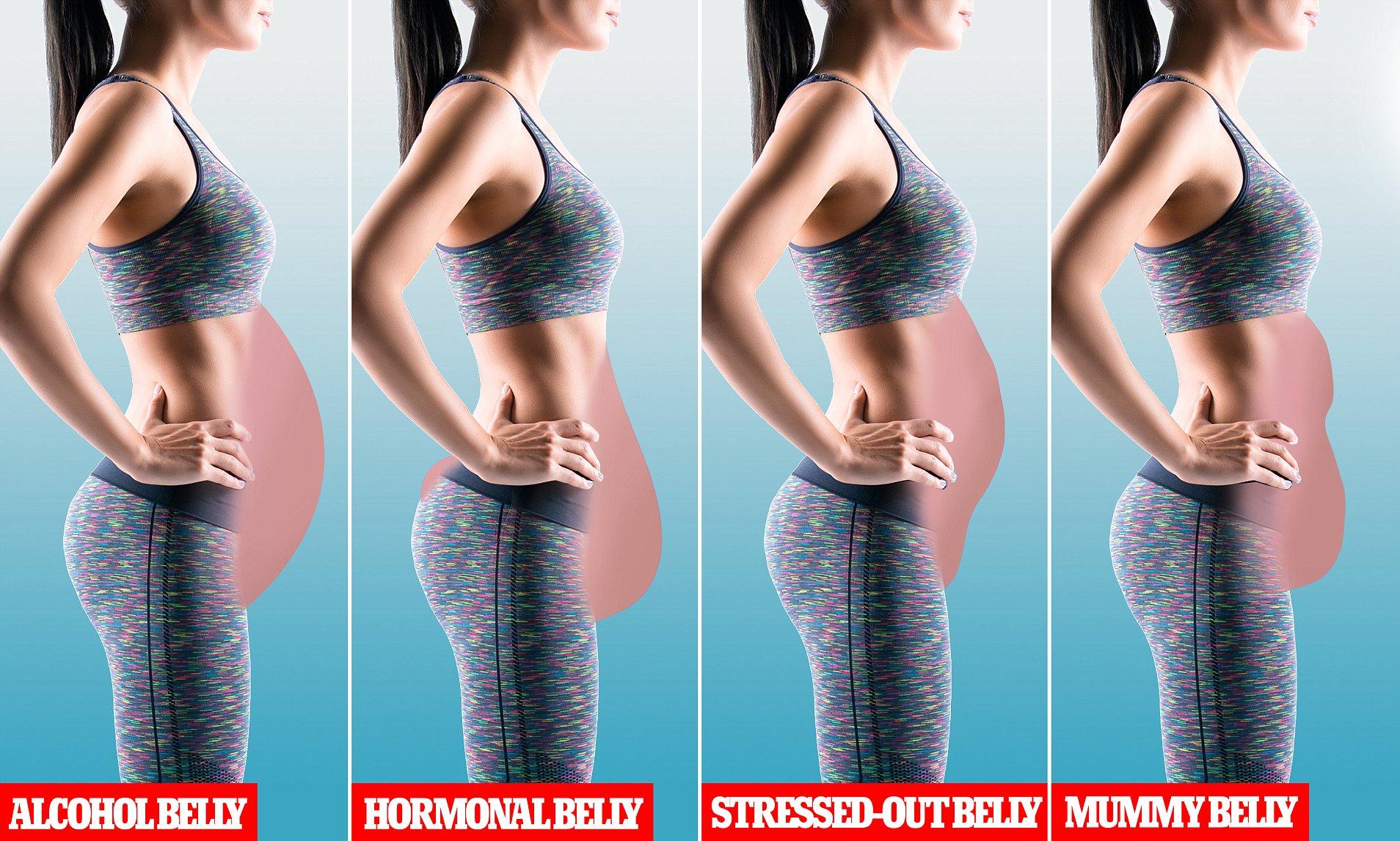Alcohol is not the only factor responsible for belly fat accumulation, but it certainly plays a role. Other factors like poor diet and excessive calories consumed, lack of physical activity and hormonal changes may all play a role as well.
Beer and wine are both high in calorie density, containing 7 calories per gram. So it’s easy to rack up hundreds of extra calories each night when you indulge in either.
Alcohol is a calorie-dense drink
Alcohol is a calorically dense beverage that can quickly lead to excessive weight gain. Additionally, its adverse effects such as impaired judgment and lethargy have been documented.
Alcoholic drinks vary in terms of both type and strength, with higher alcohol concentrations being more calorie-dense.
In general, pure alcohol contains 7 calories per gram. This number is lower than fat at nine calories, but higher than protein or carbohydrates with four calories per gram.
However, other elements like the volume of a drink and ingredients used during production can influence its calorie count. Sugars, alcohol-flavored mixers and wine’s natural carbohydrates all contribute to an alcoholic beverage’s calorie content.
Moderation is key when drinking, and always consider the bigger picture before making any decisions. Creating a plan for getting back on track after drinking too much, as well as accounting for any extra calories consumed in your daily calorie/ macronutrient goal will allow you to have some fun while still staying within your dietary restrictions will ensure that you can enjoy some alcohol responsibly while still sticking to your dietary goals.
It causes poor judgment
Recent research indicates that drinking too much alcohol can have a negative effect on your decision making abilities. It takes away brain power, diverting you away from other essential tasks like learning to drive or putting kids to bed at night. As such, when it comes time for making an informed decision about life’s next big move, you may find yourself left in the dark.
To combat alcohol’s negative effects on mental state, the best approach is to cut out high-impact drinks and reserve them for special occasions. Fortunately, there are more efficient and affordable alternatives. Best of all? If you haven’t done it before, getting help can break the cycle of abuse so you can start living life again on your terms. The first step in doing so is finding a professional who can assist you.
It leads to lethargy
Alcohol can make it harder to fall asleep and disrupt your body’s normal sleep cycle, leaving you feeling tired and out of sorts the following day – a common issue for those who have consumed excessive amounts of alcoholic beverages.
Drinking alcohol can also lead to dehydration, as it acts as a diuretic, meaning you will lose more water through urine than usual.
Your skin can bear the effects of alcohol consumption, particularly around your stomach and hips. This is known as “beer belly,” and can be avoided by drinking plenty of water.
One of the best ways to maintain a healthy weight is exercising regularly and eliminating foods high in sugar or fat, such as pastries, cookies and sweets. You should also add lean protein into your meals; it will help you feel satiated for longer. Furthermore, proper protein will boost metabolism levels and burn more calories during exercise.

It leads to weight gain
Drinking alcohol not only contributes to unhealth y lifestyle choices, but it can also lead to weight gain due to its calorific content and ease of overconsumption.
For instance, drinking a pint of beer (150 calories) can quickly add up. And when combined with bar food like pizza, wings or burgers, the total number of calories increases significantly.
Additionally, diabetes may cause you to lose your appetite and develop cravings for foods high in sugar or fat – all of which contribute to weight gain.
Your belly size is determined by a number of factors, including age and how committed you are to healthy eating and exercise. In women, genetics and hormone levels also play a role. Typically, as you get older, the size of your stomach increases due to reduced activity levels and lower calorie needs.




